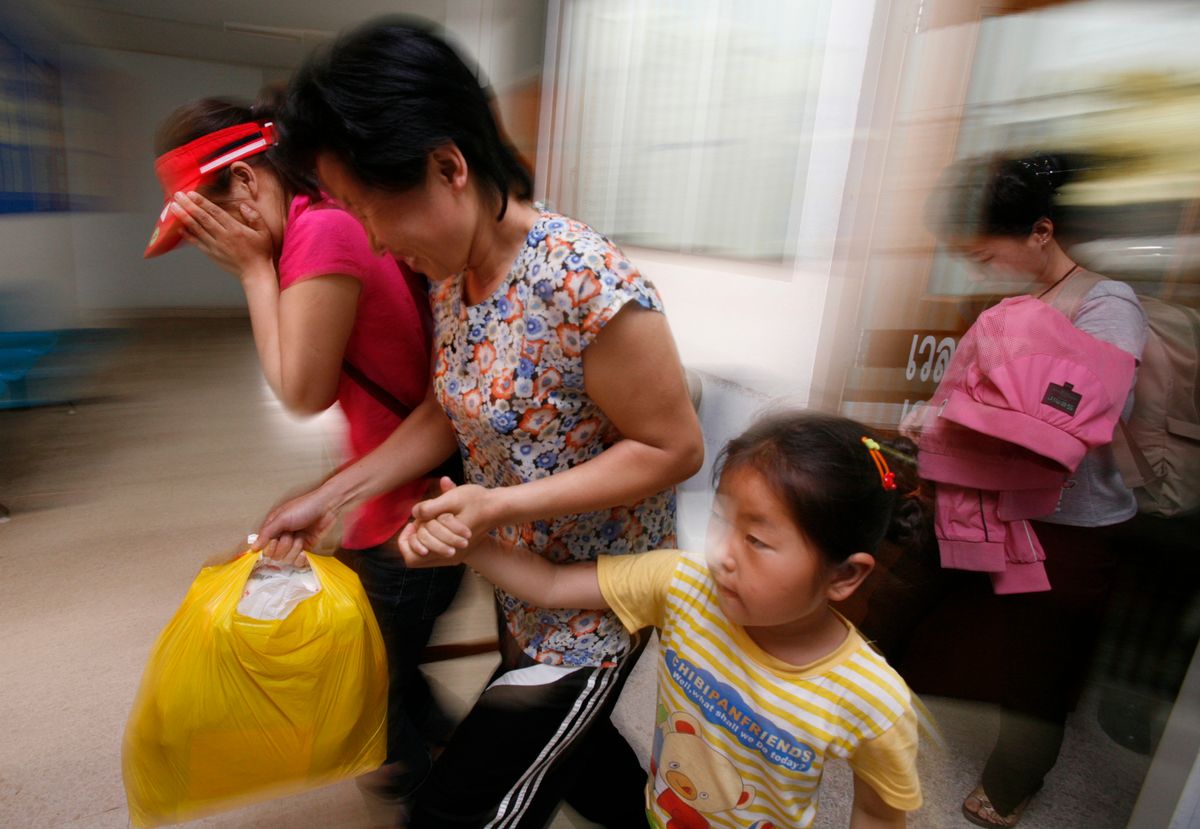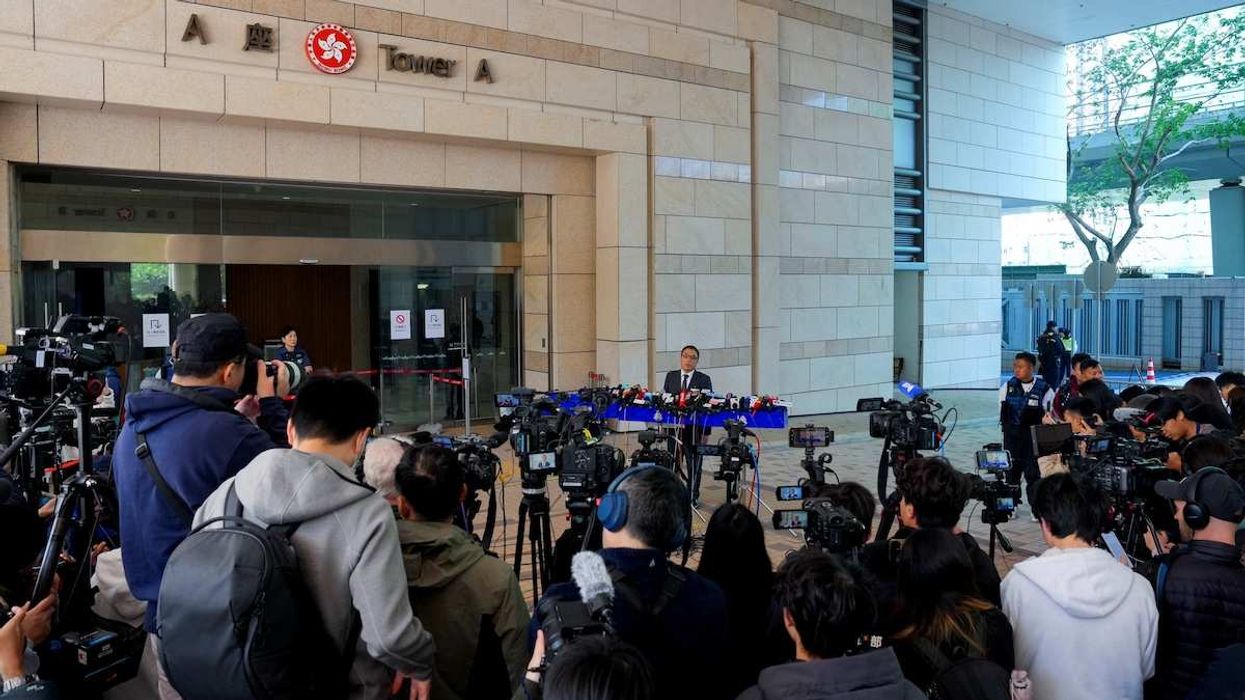There is a well-trodden escape route out of North Korea. It is both illegal and daunting, rife with unscrupulous human traffickers and hounded by heavily-armed soldiers. But over the decades, thousands of North Korean defectors have made the dangerous trip, which leads across the Yalu River and into China. From there, clandestine assistance networks and charities help them to make the trek further north into Mongolia. If they get there, they stand a chance of moving on to seek asylum in free countries elsewhere in the world.
But if they are caught in China, they are typically returned home to face imprisonment and torture. Recently, the Chinese government of President Xi Jinping – who visits North Korea today -- has moved to crack down harder on the safe houses that aid these asylum-seekers, according to rights groups and recent Reuters reporting.
Here is one story of a defector who, despite near unfathomable hardships, managed to escape. Yeonmi Park says she survived the great famine of the 1990s by foraging for grasshoppers and dragonflies, before being subject to human trafficking in China. Today she is a human rights activist living in Chicago. How she got from there to here is the story of a lifetime. And it's the subject of a special edition of GZERO World.



















